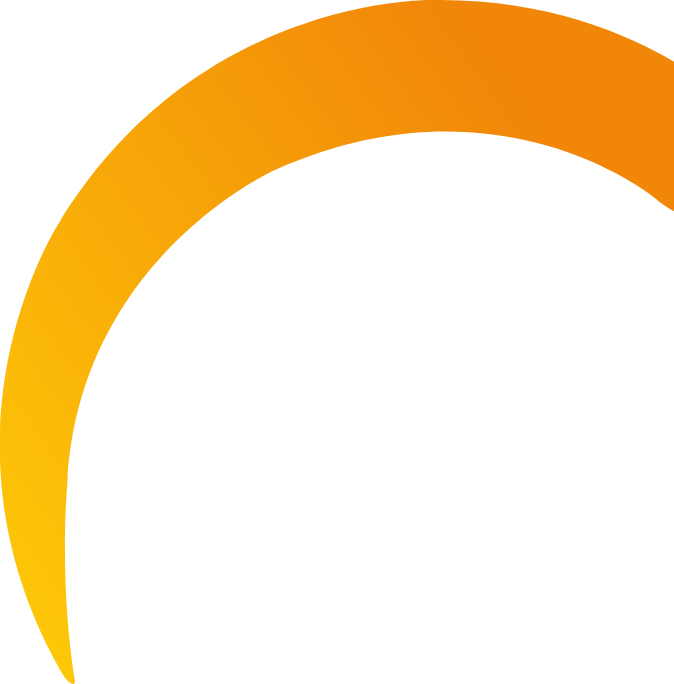The mechanism of generating and selling carbon credits is a concrete tool to promote sustainable development and a real contribution to combating climate change. It was introduced after the Paris Climate Agreement in 2015, whereby countries pledged to limit global climate warming to within + 2°C compared to the pre-industrial era. To help mitigate greenhouse gas emissions, this voluntary economic mechanism has been established on promoting climate finance whereby industrialized countries support poorer ones in climate change mitigation and adaptation actions and socio-economic development.
A carbon credit is a tradable certificate equivalent to one ton of CO2 that has been avoided, reduced or sequestered through the implementation of an environmental protection project carried out with the aim of reducing or reabsorbing global CO2 emissions. A carbon credit is a genuine financial unit that can be purchased by companies or individuals as a means of voluntarily offsetting their emissions. Those who purchase a carbon credit thus demonstrate that they have contributed, through the money spent on their purchase, to the realization of a project of environmental protection, social promotion and economic development for local people.
All projects that generate carbon credits use methodologies established by international certification standards, such as the Gold Standard, which require projects to undergo third-party validation and verification to ensure that they have achieved the emissions reductions actually claimed.
The areas in which carbon credit generation projects can be implemented are many and include the use of sustainable technologies with low or zero environmental impact such as drinking water access facilities, efficient stove distribution, solar or wind energy installations, and reforestation.
OffgridSun has decided to invest in the development of decarbonization projects to generate carbon credits that can be traded on the voluntary credit market, starting with four pilot projects in Africa and working mainly on two issues: access to drinking water and promotion of efficient stoves.
Regarding water projects, we have developed a project in Kenya, in Siaya County on Lake Victoria, where we plan to provide drinking water to about 50,000 people who currently drink unclean water from the lake through the rehabilitation and solarization of an old aqueduct that is currently disused and its extension to reach communities in the area that are currently not reached by any water infrastructure. This project is expected to generate about 15,000 credits per year. Also on water sector, in Zambia, in Chipangali province in the east of the country, we plan to put into operation about a hundred borehole by rehabilitation of existing but non-functioning ones and construction of new ones, ensuring access to drinking water to about 25,000 people. This project is expected to generate 10,000 credits per year.
On the improved stoves side, we are starting with a project in Tanzania and one in Burkina Faso in which we plan to locally manufacture and promote among the population (about 5,000 households in each project) efficient stoves that use significantly less fossil fuel (about 50-70% less wood and charcoal) than the traditional “three stone fire” traditional cooking method, which is mainly in use in rural areas in developing countries. These projects not only help to combat the deforestation problem but also support local entrepreneurship, rural economy and women’s empowerment. These projects expect to generate between 10,000 and 15,000 credits per year.
If you would like to learn more or if you are interested in acquiring these credits for yourself or your company, you can contact us by writing to info@offgridsun.com
Write to us to receive more information
Write to us to receive more information

"*" indicates required fields